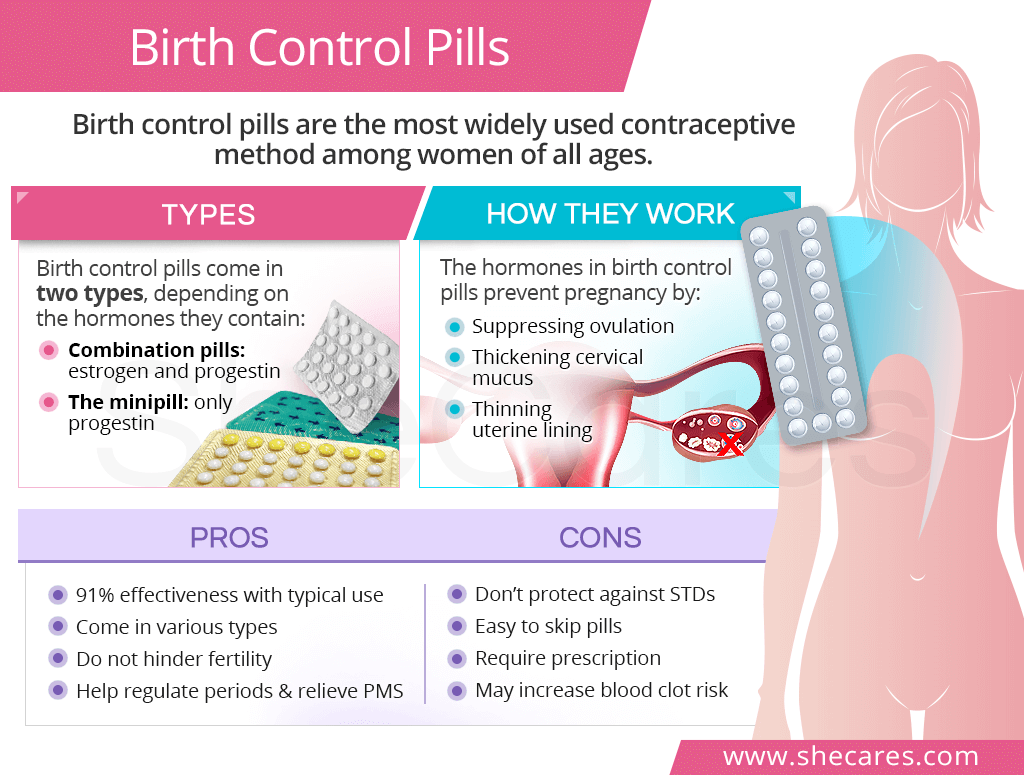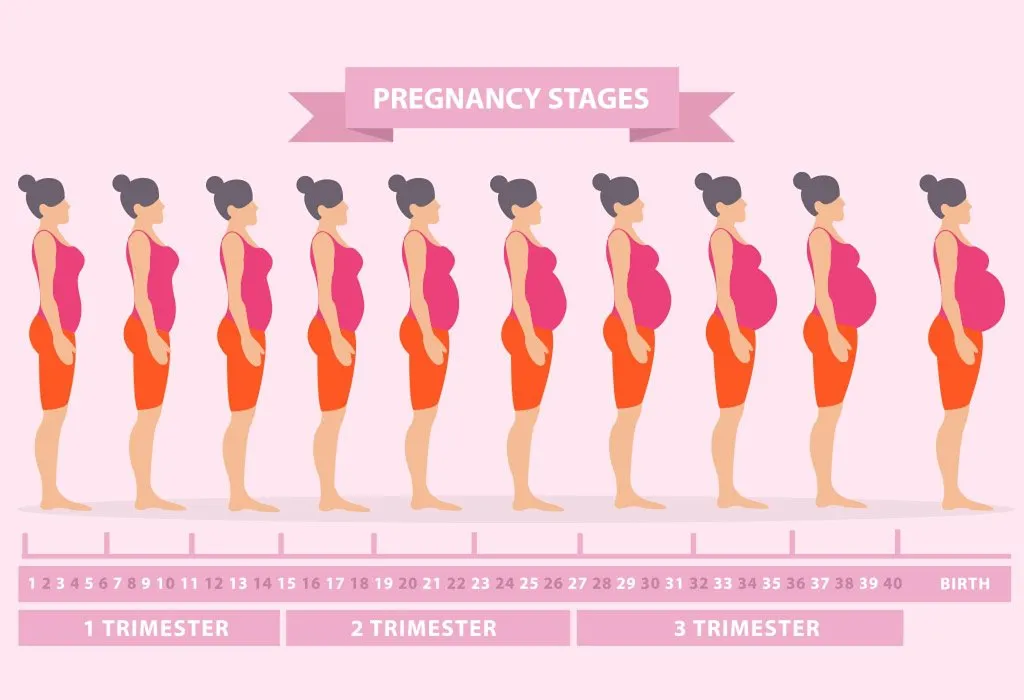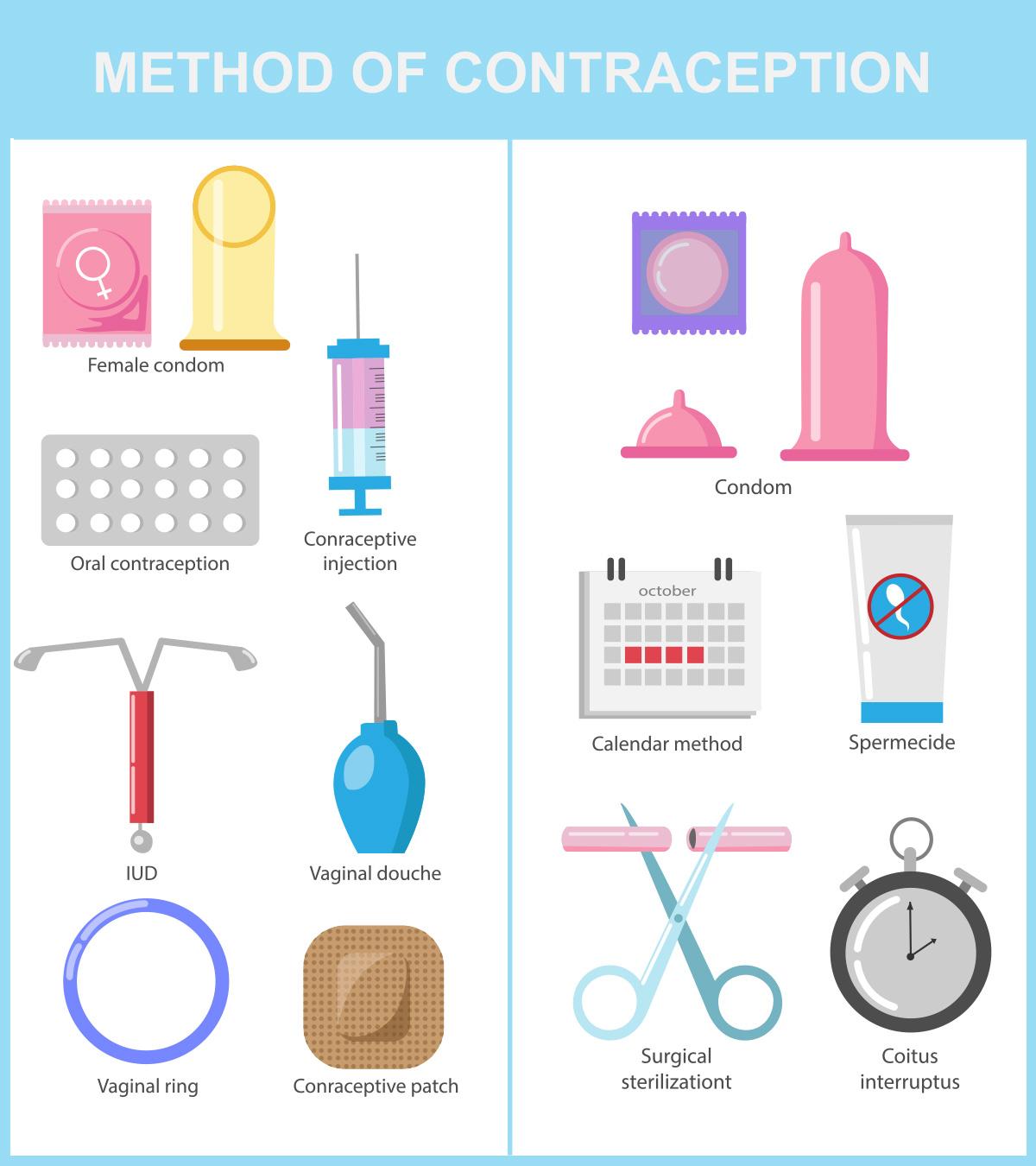Are You Protected From Pregnancy During Placebo Week

The aroma of freshly brewed coffee hung in the air as Sarah scrolled through her phone, a familiar knot of anxiety tightening in her stomach. Her period was a day late, and a tiny seed of doubt had been planted. Could she really trust the birth control pills she'd been taking for years, especially during that dreaded "placebo week"? The endless online forums and conflicting opinions only fueled her worry, leaving her more confused than ever.
The question of whether you're truly protected from pregnancy during the placebo week of oral contraceptives is a significant concern for millions of women worldwide. It’s crucial to understand the science behind birth control pills and the specific instructions for your prescribed medication to alleviate anxieties and ensure effective contraception. This article aims to explore the facts, dispel common myths, and empower you with the knowledge to make informed decisions about your reproductive health.
Understanding Oral Contraceptives
Oral contraceptives, commonly known as birth control pills, are a hormonal method of contraception used by millions of women. These pills primarily work by preventing ovulation, the release of an egg from the ovaries. They also thicken cervical mucus, making it difficult for sperm to reach the egg and alter the uterine lining to prevent implantation.
There are two main types of oral contraceptives: combination pills and progestin-only pills, often referred to as the mini-pill. Combination pills contain both estrogen and progestin, while progestin-only pills contain only progestin. Understanding which type you are taking is vital.
Combination Pills: A Closer Look
Most combination pills follow a 21/7 or 24/4 regimen. This means that you take active pills containing hormones for 21 or 24 days, followed by 7 or 4 days of inactive or placebo pills. It's during this placebo week that many women experience a withdrawal bleed, which mimics a period but isn't a true menstrual cycle.
During the active pill phase, the hormones in the pills suppress ovulation. If you've been taking your pills correctly and consistently, the hormone levels in your body are maintained at a level that continues to prevent ovulation even during the placebo week. This is why, when taken correctly, combination pills offer continuous protection.
The Progestin-Only Pill (Mini-Pill)
The progestin-only pill, or mini-pill, works differently. It primarily thickens cervical mucus to prevent sperm from reaching the egg. It may also prevent ovulation in some women, but this isn't its primary mechanism of action.
Unlike combination pills, progestin-only pills are taken every day without any placebo or inactive pills. Because of this, the timing of taking the pill is much more critical. Even a slight delay in taking the pill (more than three hours late) can reduce its effectiveness, and a backup method of contraception is recommended for 48 hours.
Are You Protected During Placebo Week? Debunking Myths
One of the most common concerns is whether you're still protected from pregnancy during the placebo week of combination pills. The short answer is yes, provided you have taken the active pills correctly and consistently for the required duration. The American College of Obstetricians and Gynecologists (ACOG) affirms that when taken correctly, birth control pills are effective even during the placebo week.
However, consistent and correct use is key. If you miss pills, particularly at the beginning or end of a pack, the risk of ovulation increases. This can compromise the effectiveness of the pill during the placebo week. Always refer to the specific instructions provided with your birth control pills and consult with your healthcare provider if you have any concerns.
It's a myth that a period is necessary each month to "cleanse" the uterus. The withdrawal bleed experienced during the placebo week is simply a response to the drop in hormone levels. Some women opt for extended-cycle pills, where they take active pills continuously for several months, minimizing or eliminating these withdrawal bleeds. This is perfectly safe and does not affect the long-term health of the uterus.
Factors Affecting Pill Effectiveness
Several factors can affect the effectiveness of birth control pills, including missed pills, certain medications, and underlying health conditions. Understanding these factors is crucial for ensuring that your birth control remains effective.
Missed pills are a leading cause of unintended pregnancies among women who use oral contraceptives. If you miss a pill, take it as soon as you remember, even if it means taking two pills in one day. If you miss multiple pills, follow the instructions provided with your pill pack or consult your healthcare provider.
Some medications, such as certain antibiotics, antifungals, and anti-seizure drugs, can interfere with the effectiveness of birth control pills. Always inform your healthcare provider about all medications and supplements you're taking to avoid any potential interactions.
“Drug interactions are a significant concern, and it’s essential to be transparent with your healthcare provider about everything you are taking,” says Dr. Jane Smith, a leading expert in reproductive health.
Certain health conditions, such as obesity, can also impact the effectiveness of birth control pills. Women with higher body mass indexes may have lower hormone levels, potentially reducing the pill's effectiveness. Your doctor can advise you on the best contraceptive method for your individual health profile.
Empowering Yourself with Knowledge and Action
The best way to alleviate anxiety about pregnancy during the placebo week is to be informed and proactive. Read the instructions provided with your birth control pills carefully and understand how they work. Set reminders to take your pills at the same time every day to minimize the risk of missed doses.
If you experience any side effects or have any concerns, don't hesitate to contact your healthcare provider. They can answer your questions, address your concerns, and provide personalized guidance. Consider keeping a period tracking app or journal to monitor your cycle and note any irregularities.
Open communication with your partner about contraception is also essential. Discuss your birth control methods, expectations, and any concerns you may have. Working together can strengthen your relationship and ensure that you're both on the same page regarding your reproductive health.
Beyond the Pill: Exploring Other Contraceptive Options
While birth control pills are a popular and effective option, they aren't the only form of contraception available. There are several other methods to consider, each with its own advantages and disadvantages. These include intrauterine devices (IUDs), implants, injections, vaginal rings, barrier methods (such as condoms and diaphragms), and sterilization procedures.
IUDs are long-acting, reversible contraceptive devices that are inserted into the uterus. They can be hormonal (releasing progestin) or non-hormonal (copper). Implants are small, thin rods inserted under the skin of the upper arm that release progestin.
Injections, such as Depo-Provera, are administered every three months and contain progestin. Vaginal rings, such as NuvaRing, are inserted into the vagina and release both estrogen and progestin. Choosing the right contraceptive method is a personal decision that should be made in consultation with your healthcare provider.
Conclusion: Peace of Mind Through Knowledge
Understanding the science behind birth control pills, especially regarding the placebo week, can significantly reduce anxiety and empower you to take control of your reproductive health. Remember that when taken correctly and consistently, combination pills provide continuous protection against pregnancy, even during the placebo week.
But knowledge is not a static thing; it's a continuous journey of learning and adapting. As Sarah finally set down her phone, she felt a sense of calm wash over her. She resolved to speak with her doctor and gain a deeper understanding of her birth control. Her worry transformed into a feeling of empowerment, a reminder that informed decisions are the best defense against fear.
Stay informed, stay proactive, and remember that you are not alone in navigating the complexities of reproductive health. Embrace the journey of knowledge and action, and you'll find peace of mind in making informed choices that align with your individual needs and circumstances.



:quality(70)/cloudfront-us-east-1.images.arcpublishing.com/archetype/GUZXAVS2I5WVQ3L2HBJHQSZSJF.jpg)














